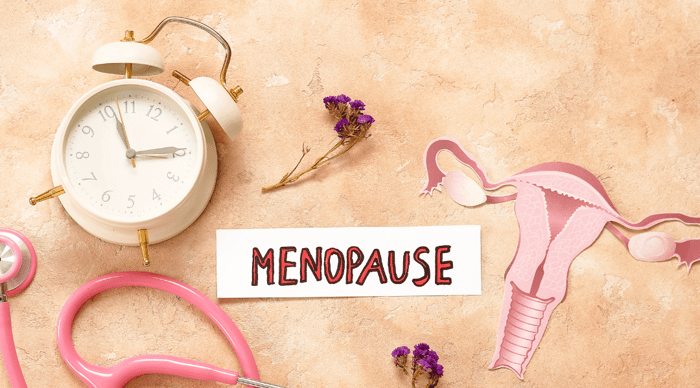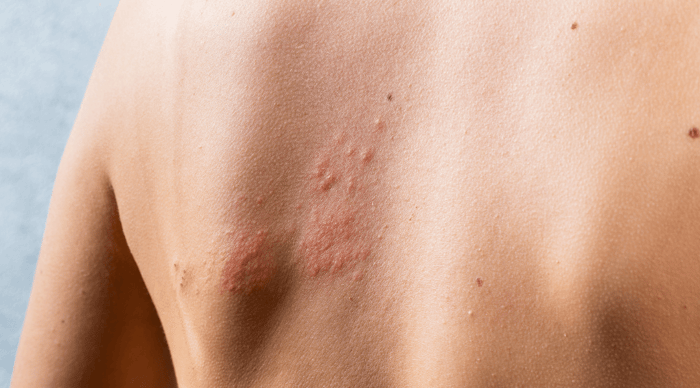If you’ve ever said, ‘I just don’t feel like myself lately,’ you’re not alone. Whether you're navigating your menstrual cycle, perimenopause, or the stress of daily life, mood and hormone fluctuations are more common than most women realise - and they’re not just ‘in your head.’
From bloating and brain fog to burnout and anxiety, these shifts are your body’s way of asking for deeper nourishment and nervous system care. The good news? You don’t need to overhaul your life - just a few aligned, functional habits can help you feel balanced, resilient, and more you.
1. Hydration with Electrolytes: Fuel for Hormones + Mood
Water alone isn’t enough. Your cells need electrolytes (minerals like sodium, potassium, and magnesium) to absorb and use hydration effectively. When you’re dehydrated, it can worsen symptoms like fatigue, brain fog, irritation, and even PMS [1].
Try this: Start your day with a mineral-rich drink: filtered water + a pinch of unrefined Celtic sea salt + a squeeze of lemon. You can also use clean electrolyte powders (look for ones without sugar or artificial ingredients and higher potassium).
2. Healthy Fats: Your Hormone Building Blocks
Hormones are made from cholesterol and fats, so skimping on healthy fats can disrupt your cycle and mood. Omega-3s and other anti-inflammatory fats help regulate cortisol, support neurotransmitter production, and balance oestrogen and progesterone levels [2].
Add these to your plate:
-
Avocados
-
Extra virgin olive oil
-
Chia seeds, flaxseeds, and walnuts
-
Fatty fish like wild salmon or sardines
Think of fats as your internal moisturiser for your brain, your hormones, and your mood.
3. Magnesium: The Chill Mineral Women Need More Of
Magnesium is one of the most depleted minerals in modern diets - and one of the most important for women’s health. It supports over 300 processes in the body, including oestrogen detox, serotonin production, and stress modulation [3].
Low magnesium has been linked to increased anxiety, poor sleep, PMS, and mood swings [4].
Daily dose: Add leafy greens, pumpkin seeds, and cacao to your meals, or consider a supplement (our magnesium complex is ideal for whole body restoration).
4. Gentle Movement: Shift Energy, Not Stress It
If your nervous system is already taxed, high-intensity workouts might backfire. Gentle movement like walking, yoga, or dancing supports lymphatic flow, blood sugar regulation, and feel-good endorphins - without depleting your adrenals.
Tip: Aim for 20-30 minutes of natural movement most days, especially outdoors when possible. Fresh air + movement = nervous system reset.
5. Breathe, Rest, and Say ‘No’ Without Guilt
Nervous system regulation is foundational for hormone health. Chronic stress floods your body with cortisol, which suppresses reproductive hormones and destabilises your mood [5].
Simple tools to try:
-
3 minutes of deep belly breathing before bed or in traffic
-
Daily stillness (even 5 minutes counts)
-
Saying no to what drains you - even small boundaries create hormonal safety
Rest and boundaries are not indulgent, they are essential hormones in disguise.
The Bottom Line
Feeling like yourself again isn’t about perfection, it’s about presence. Hydrate with intention, nourish your body with fats and minerals, move with kindness, and honour your nervous system’s cues.
Your hormones aren’t working against you, they’re trying to communicate. When you respond with nourishment, rest, and boundaries, you create the conditions for balance to return.
Call us on 02476363873 or email us at hello@madebydaily.com to discuss your questions with a member of our clinical team.
Enjoyed this guide? Now read…
Hormone imbalance and histamine intolerance
Why Women Over 35 Need to Consider Detoxing: The Link Between Toxins and Hormonal Imbalance
Perimenopause or Just Tired? How to Spot the Subtle Signs
References
-
Shirreffs SM, Maughan RJ. (2000). Rehydration and electrolyte balance in women. J Sports Sci.
-
Simopoulos AP. (2002). Omega-3 fatty acids in inflammation and hormonal regulation. J Am Coll Nutr.
-
de Baaij JHF, et al. (2015). Magnesium in man: implications for health and disease. Physiol Rev.
-
Tarleton EK, et al. (2017). Magnesium intake and depression in women. PLoS One.
-
McEwen BS. (2007). The physiology and neurobiology of stress and adaptation. Arch Intern Med.




